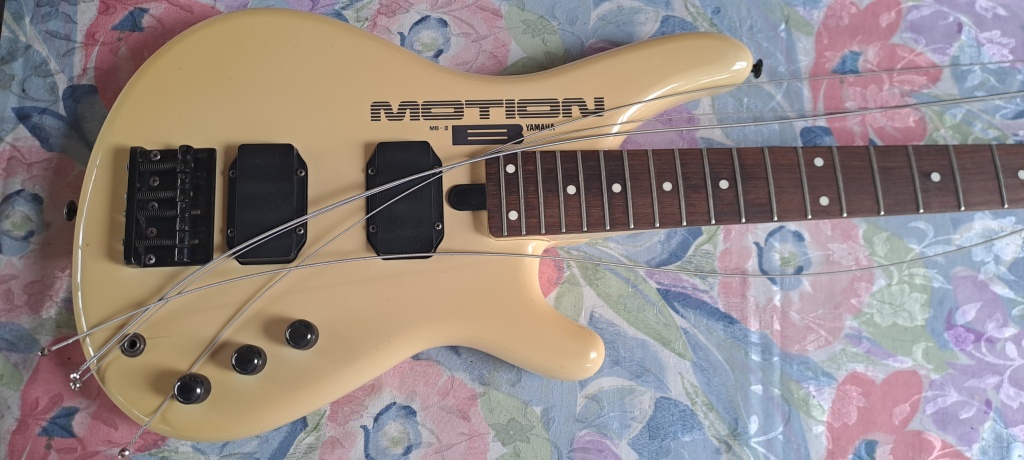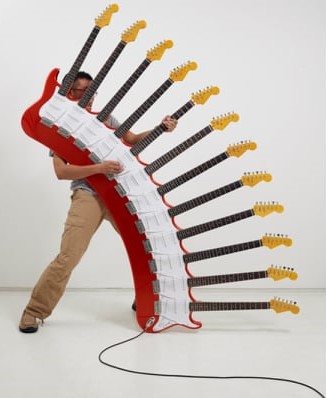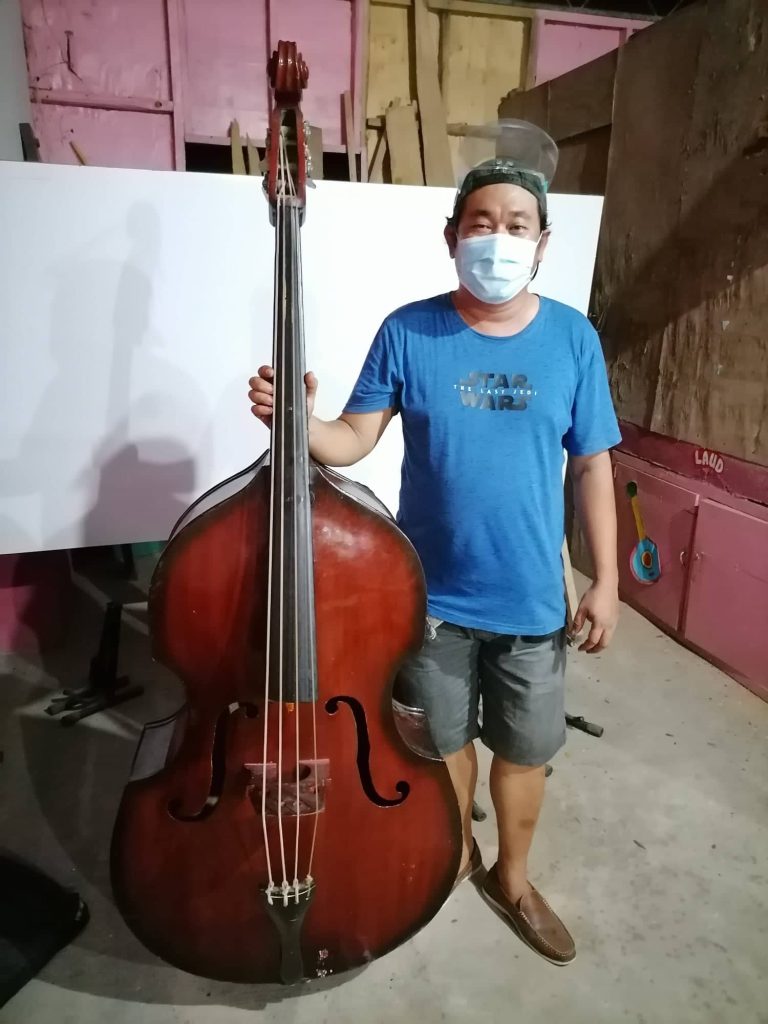INTRODUCTION
For those who are passionate and into music, regardless of whether you are a budding musician, a devoted passion musician in a band, a session musician, a vocation or profession musician, a solo artist, a music teacher, or a musician struggling with G.A.S., then this maybe worth your read.
Finding your path
The best of musicians out there may not have the best of everything, or the best of instruments for that matter, they just make use of what instrument they have, or make the best out of everything they only have.
And it is not about the brand of the instrument, be it factory made, hand-made, or custom-made per se that’s important, but sometimes it all boils down to an instruments’ playability.
Whether it suits you and you can use it with ease and comfort, and be able to channel out those inner creativity or innate musicality and be “musical.”
However, anyone can become a musician, but for one to be really “musical” sometimes it goes beyond just having those certain skills set alone, and takes a little more.
“Music comes from the musician, not the instrument.” – Victor Wooten
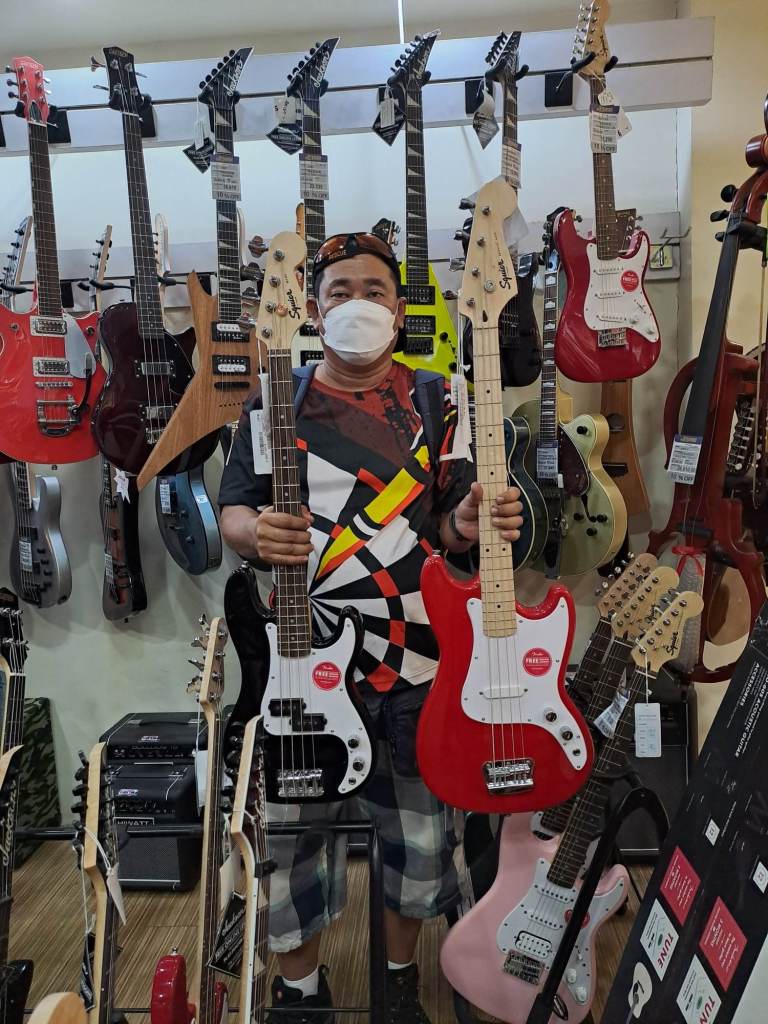
5 Key Skills to be Musical
So I came across this interesting article “5 Key Skills to be Musical” by Marisa Balistreri and in case you haven’t stumbled upon it, I just thought it is really worth sharing for it offers a different perspective and full of interesting insights.
This article talks about the “Big 5” musicianship skills, an article written by Dr. Chad West who is an Associate Professor and Chair of Music Education at Ithaca College.
Now, the article cites and discusses Dr. West’s list of the five core skills of musicianship for one to be “musical” and takes on a unique philosophical approach when teaching music.
According to Dr. West in the article, he believes music teachers should strive to develop not only a students external skills but should also develop their internal musicianship skills.
Dr. West “Big Five” core skills of musicianship
1. Executive
2. Notation
3. Rhythmic
4. Tonal
5. Creativity
Dr. West further classifies these five core skills into the “external” and “internal” skills of musicianship. With Executive and Notation being the “External” skills, i.e., playing instruments and reading music.
With Rhythmic, Tonal, and Creativity being those “Internal” skills of musicianship which allows one to bring music to life in their own way.
“Traditional music education as ‘The Current Practice'”
In the article, Dr. West refers to “traditional” music education as the “current practice” which tends to lean on and focus more on the mechanical skills of musicianship.
As it is much easier to teach, quantify, assess and evaluate notation and technique to students, it makes it easier also to know if someone can read music or is playing the right notes.
However, determining what a student feels is another story.
In the past, music skills were passed on “aurally” and at one time did focus on developing internal musicianship skills before music education became “schoolified“.
Although “the internal skills of music are less visible in the school systems now, they are just as important today,” Dr. West said.
Being Musical
“Musicality, or ‘being musical’, means that you have a good perception or internalization of both pitch and rhythm. It is a combination of musical skills (such as instrumental technique and ear training skills) and artistic sensitivity (Use Your Ear, n.d.).”
“’Audiation’ refers to the hearing and comprehending non-physical sounds in one’s mind”, it gives meaning to the sounds, and it is the foundation of musicianship.
Without audiation, or when one is not being musical, one may just simply be being mechanical, and instructions may not stick in ones mind and flourish.
Answering that call and yearning to learn to play an instrument may arise any time. But it may take more than just learning to play an instrument for one to become a musician.
For learning to become a complete and versatile musician goes beyond mechanical abilities and understanding music theory as there are a wide variety of skills involved.
In our modern world today, much has changed. Musicianship and skills have evolved, including the ways to be “musical,” and playing an instrument may not even be necessary.
Facets
There are two facets of learning music: Traditional or non-traditional, or formal or informal music education approaches.
And there are already other ways to produce music without the use of traditional instruments (Voice or acoustic instruments), and that is by way of using computer composition programs.
With these modern approaches to musicality and music creation, one can now easily become a musician, produce music, and be successful. As playing an instrument, learning music theory, notation and learning how to read music is no longer a necessary.
And there are already many famous musicians to date who can do without it, but can play and perform beautifully. Bass-ly speaking, for one – the amazing Billy Sheehan of Mr. Big.
According to the article, “Notation isn’t a requirement in creating music-it is a requirement in creating ‘school music.'” In as much as it can be used as a tool that can enable musicality, it can maybe also act a barrier for musical expression.
Advantages
Dr. West said that what is becoming increasingly popular nowadays are the advent of Non-traditional music education forums, online lessons, and online tutorials.
Although many of these contemporary music education approaches like YouTube tutorials are sometimes professed to be “informal”.
He actually finds many of them effective at developing internal musicianship skills as a number of them take on a holistic approach of making real music at the start.
On the contrary, School music which usually start-off with exercises that bear no semblance to actual music, it simply takes the passion out of the equation.
Basically, “the practice of making music then becomes an ‘exercise’ rather than an art and a chore,” Dr. West said.
Exuding passion in your music
Honing that ability to develop both your internal and external skills into mastery through hard work and dedication helps foster ones musicianship skills and musicality.
By channeling your internal musical skills and creativity through experimentation or exploration, by applying your ideas, imagination, or techniques and trying out new methods or through modification, who knows?
You might be able to come up with something new or original, or create something unprecedented that’s novel and exceptional.
Establishing a connection with your musicality and inner creative abilities might just bring you closer into breathing new life into your passion.
By finding the right path and playing from your mind, the heart and soul, you might not just be well on your way on becoming an adept musician or a virtuoso.
But maybe someday become a true creative genius in your passion and be speaking the language of music in your own special and unique way.
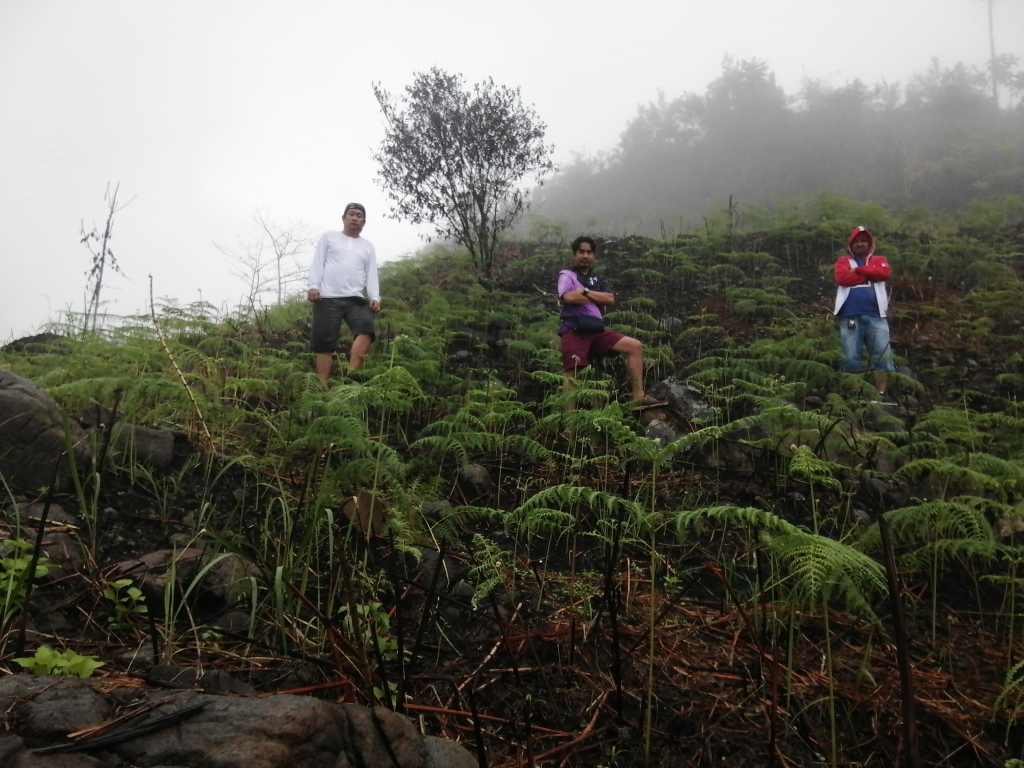
REFERENCES
Balistreri, M. (2017, February 14). 5 Key Skills to be Musical. Musical U. https :// www(DOT)musical-u(DOT)com/ learn/5-key-skills-musical/#
Use Your Ear. (n.d.). Musicality definition: What is musicality in music? | Use Your Ear Blog. https: // www(dot)useyourear(dot)com/blog/musicality-definition#:~:text=Musicality%20definition%3A%20a%20combination%20of,to%20recognize%20chords%20and%20melodies.
